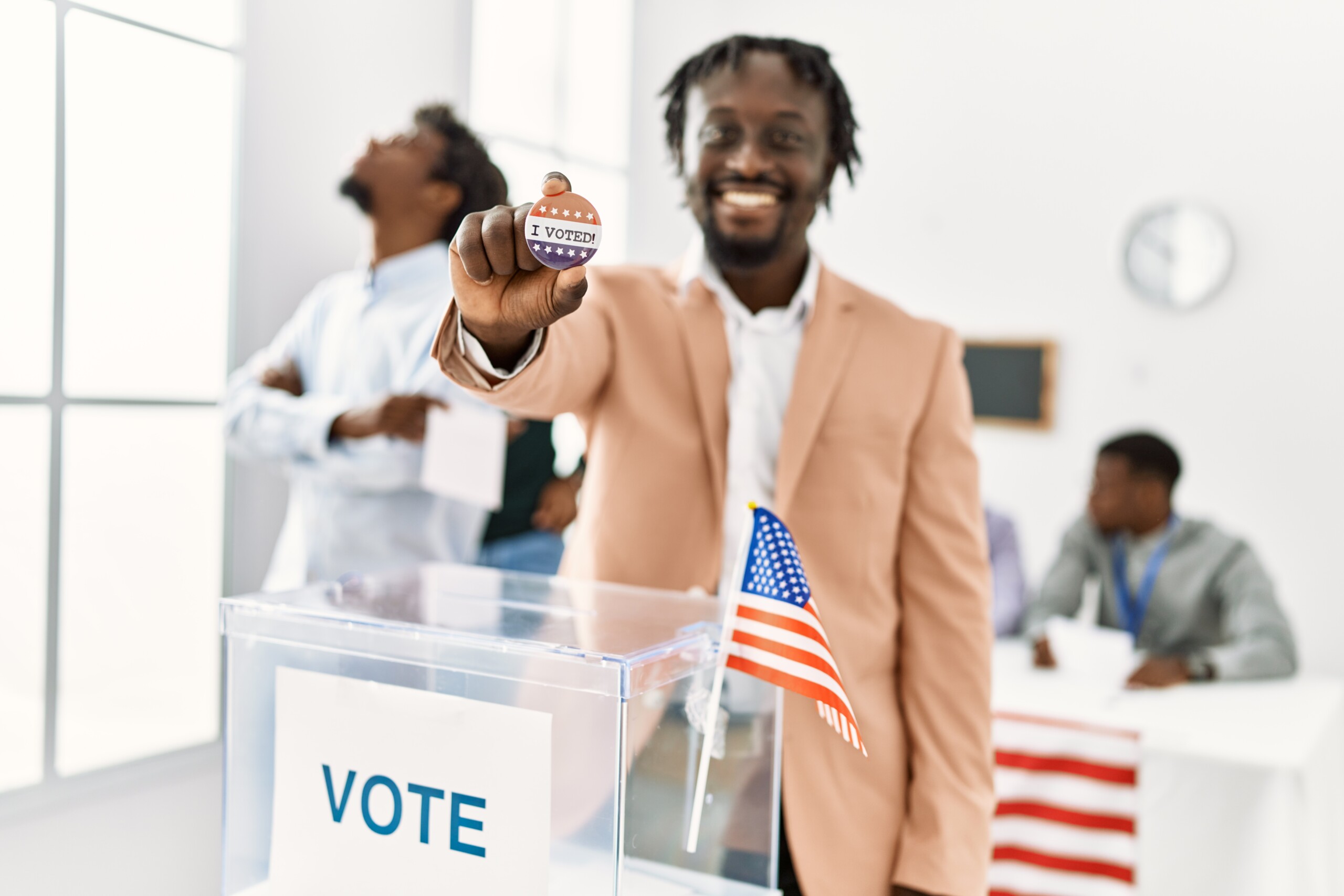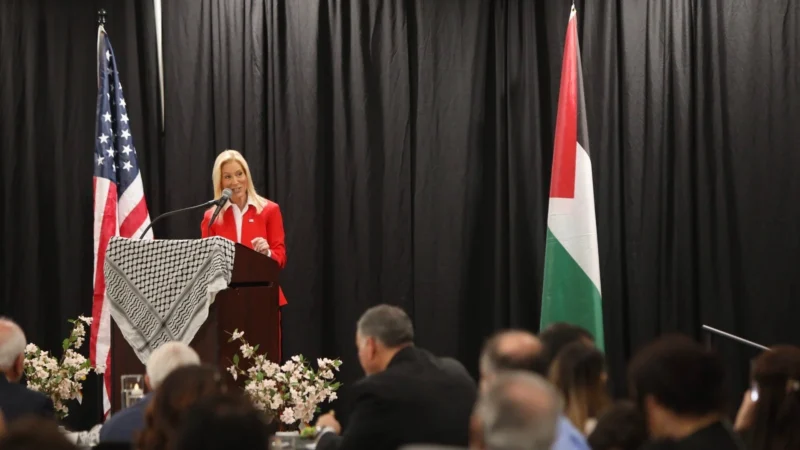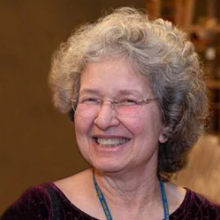Florida belonged to the Electronic Voter Registration System, known as ERIC, for about three years. The system is considered highly accurate by elections professionals. But last year Florida left, joining a small group of other deep red states. Now, an election watch group is trying to raise attention to the issue ahead of November.
Laurel Lee was Florida’s secretary of state when Gov. Ron DeSantis steered Florida into ERIC. She was pleased that more than 4 million adults would receive postcards directing them to the state’s online voter registration portal, relying on data from the Department of Highway Safety and Motor Vehicles.
“In the coming weeks, we will be contacting those potentially eligible voters with a postcard,” she said. “The estimate that we have is that this could be over four million.”
At the time, DeSantis endorsed joining ERIC.
The idea was to identify duplicate records and voters who had moved or passed away. ERIC allows states to securely share voter registration data across state lines and with other government agencies. That allows participating states to reach out to eligible voters who have moved to another state but not yet registered to vote. But last year Florida withdrew from ERIC and cited the need for greater data privacy and less “blatant partisanship.”
Here’s Florida’s current secretary of state, Cord Byrd, discussing the state’s decision to drop ERIC with Neil McCabe of the One America News Network last year:
“There came a time when that was no longer tenable and that we were very concerned with the protection and integrity of the data that we were entrusting with ERIC and the partisan nature of some of the individuals that are leading the organization,” he said.
Last year Florida began entering into state-by-state agreements with Alabama, Georgia, Ohio and West Virginia.
Brad Ashwell is the Florida director of All Voting Is Local, which supports ERIC. He says the two-state contracts are a problem because these states don’t have similar standards.
“ERIC provided consistency; it provided quality control; it provided privacy protections,” said Ashwell. “And all of these things were hashed out in the Florida Legislature for years … developing statutes that would make sure voters’ info was safe. So now there’s a million-dollar question — what does Florida do to replace ERIC?”
And while the states that have pulled out of ERIC are Republican-led, the elections professionals who swear by ERIC are bipartisan. Here’s Georgia Republican Secretary of State Brad Raffensperger in an interview with WFSU last year:
“Systems like ERIC are an important tool for election administrators and help prevent people from being registered in and trying to vote in multiple states,” he said. “Any state that prioritizes politics over best practices and opts out of ERIC ahead of next year’s election actually runs the risk of having outdated voter rolls. If states are interested in strengthening elections, withdrawing from ERIC does just the opposite.”
As to the question of partisanship, Ashwell points to the conspiracy-laden aftermath of the 2020 election and says ERIC is legitimately bipartisan, with all Florida’s 67 supervisors of election in support.
“The truth is, we all want to see clean voter rolls,” he said. “We all want to see lists maintained as efficient for election officials and make sure the system’s running well. And that’s what ERIC did. Right now it’s the only tool that does that. It’s unfortunate that the state pulled out — and we’re hoping to work with officials to make sure it doesn’t enter into any of these other agreements or tools that are going to harm voters.”
Voting advocates say they fear that election denial activists are now pushing their own ERIC alternatives … that would make it easier to challenge the voting rights of thousands.
9(MDEwNzczMDA2MDEzNTg3ODA1MTAzZjYxNg004))







